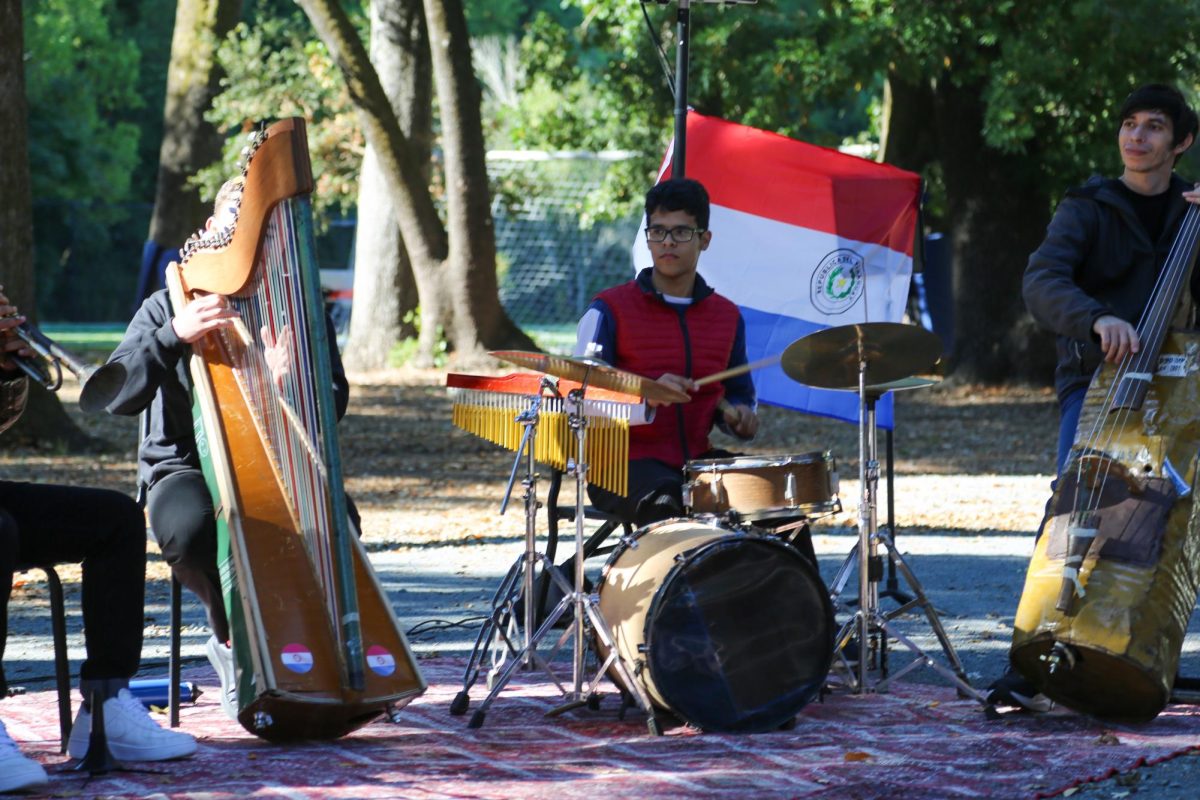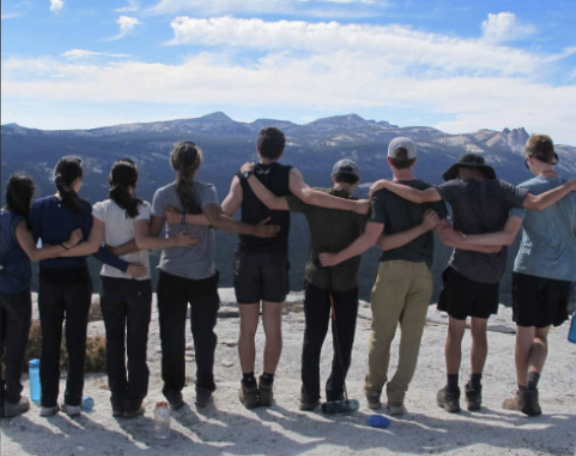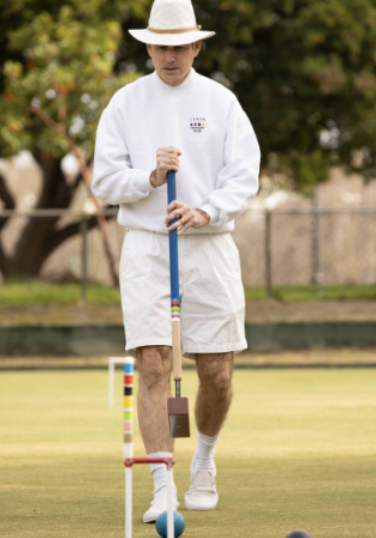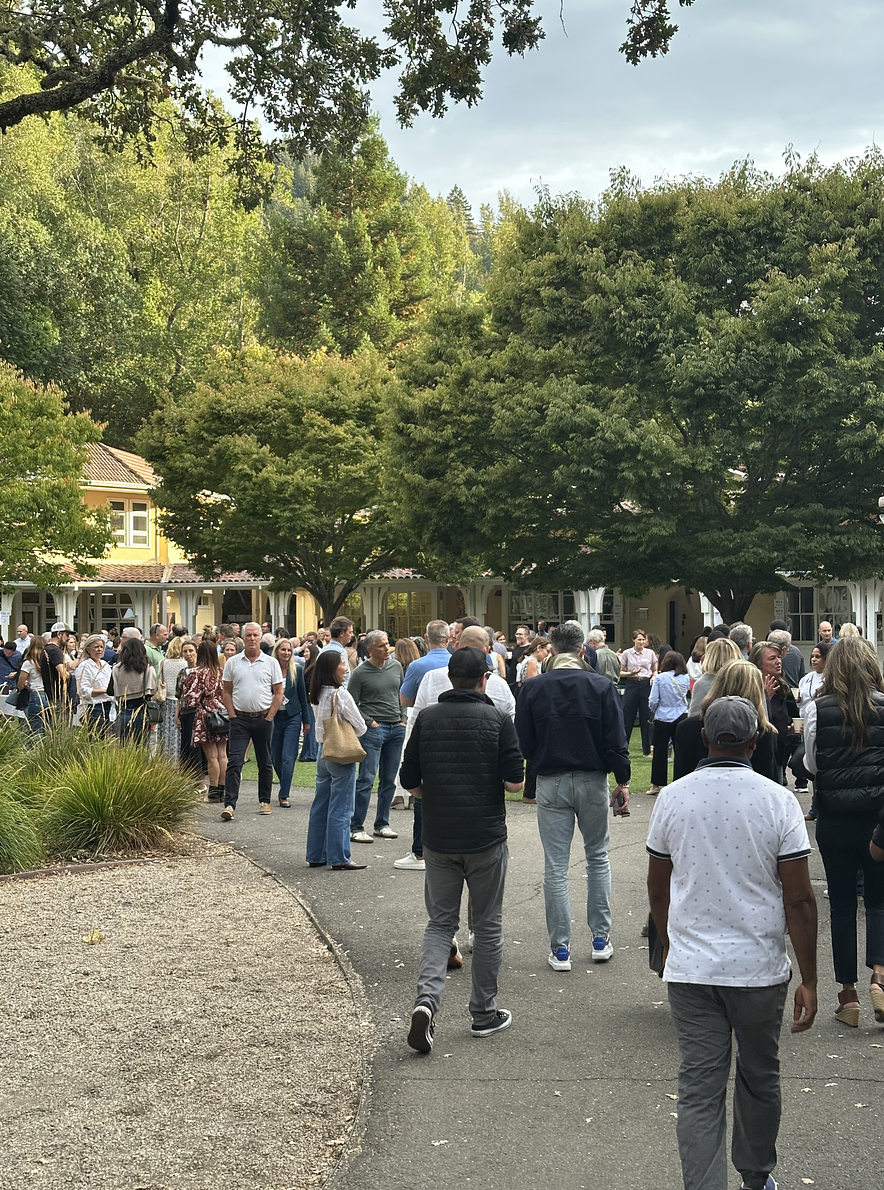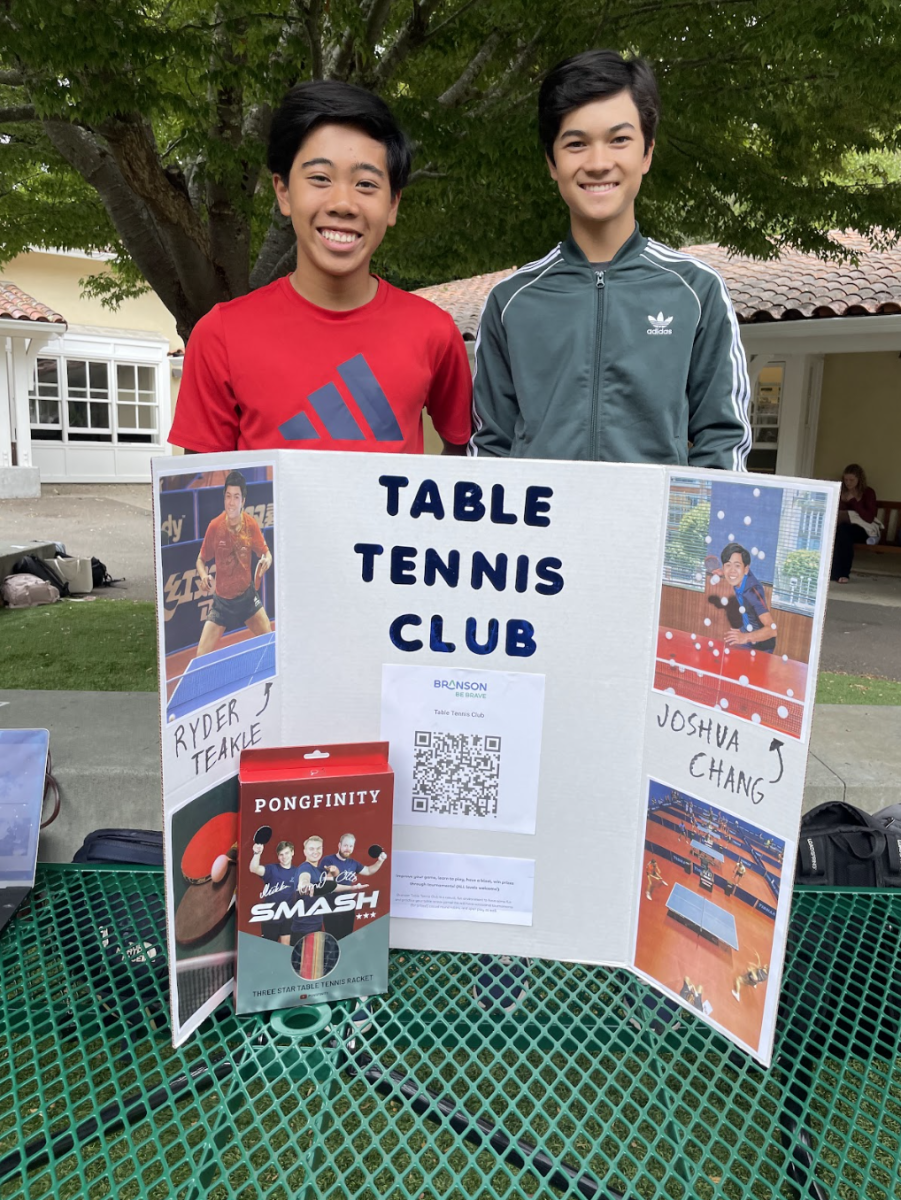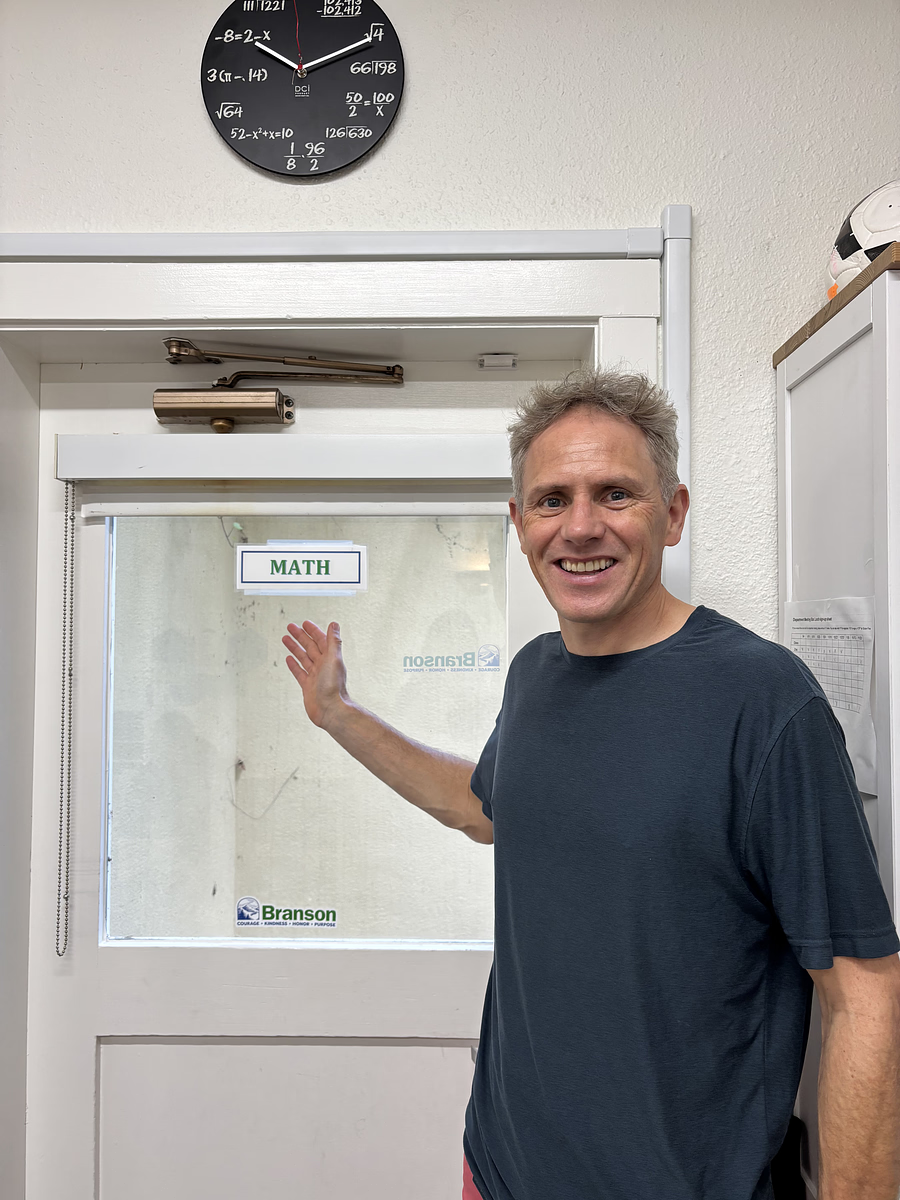The stage lights beams upon the Paraguayan students, each holding an instrument in their hands. The crowd is chatting loudly over the Latin dance music playing in the background. Then, at once, the crowd falls silent as the performance makes its debut.
Orchestra conductor Favio Chávez appears from behind the curtains and delivers his opening speech.
“[Branson] seems like a place that is conducive for being able to go beyond learning ability,” he says. “And we are glad to be invited as part of the celebration.”
Chávez emphasizes how important culture is for everyone to come together. “That’s why we like to enjoy all our cultures, because it seems like politics can divide us, but culture can unite us.”
Over the past eight years, Chávez has worked on a waste recycling project at the landfill of Cateura, Paraguay, and got to know the families of the community. Over 40% of children in Cateura don’t finish school because of work.
Chávez was an environmental engineer with a background in music, so he decided to help the children by teaching them music. At one point, there were so many children that wanted to learn instruments and be part of the orchestra that the team had to start creating their own instruments out of landfill.
The orchestra performs their first song, a famous Argentinian piece, and comes to an abrupt stop at Chávez’s command.
The second song is introduced, and the violinist and violist begin plucking the strings of their instruments.
Chávez calls into the crowd, “Are there any Colombians here?”
A woman raises her hand and Chávez invites her and her husband onto the stage. Chávez announces that his band would play a song while the couple on stage would dance. As the music commences, the woman moves her feet confidently as her husband tangles his feet awkwardly trying to follow.
Then, Branson music teacher Kindra Scharich is summoned to the stage, where she sings along to an orchestrated song in Spanish.
To finish off the performance, Chávez asks the audience to pick an instrument they want to be introduced to.
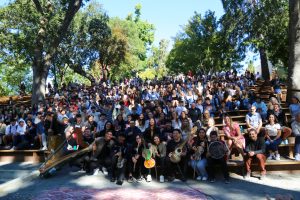
An audience member shouts “Sax!”, so Chávez introduces the orchestra’s saxophone. The instrument is made of water tubes, corn cans, spoon handles, a wine cork, and coins and beer caps for the keys.
A second person shouts “Harp!”, and Chávez introduces the harp. It is made of a petroleum barrel and a part of a bar from an old swing, used for the pillar, and the tuners are made of coins from every country they’ve visited collectively.
Chávez and the Landfill Harmonics Orchestra showed Branson that celebrating culture matters when it comes to community and that you can always make something out of nothing.
“The world sends us garbage, we send back music,” Chávez said.

